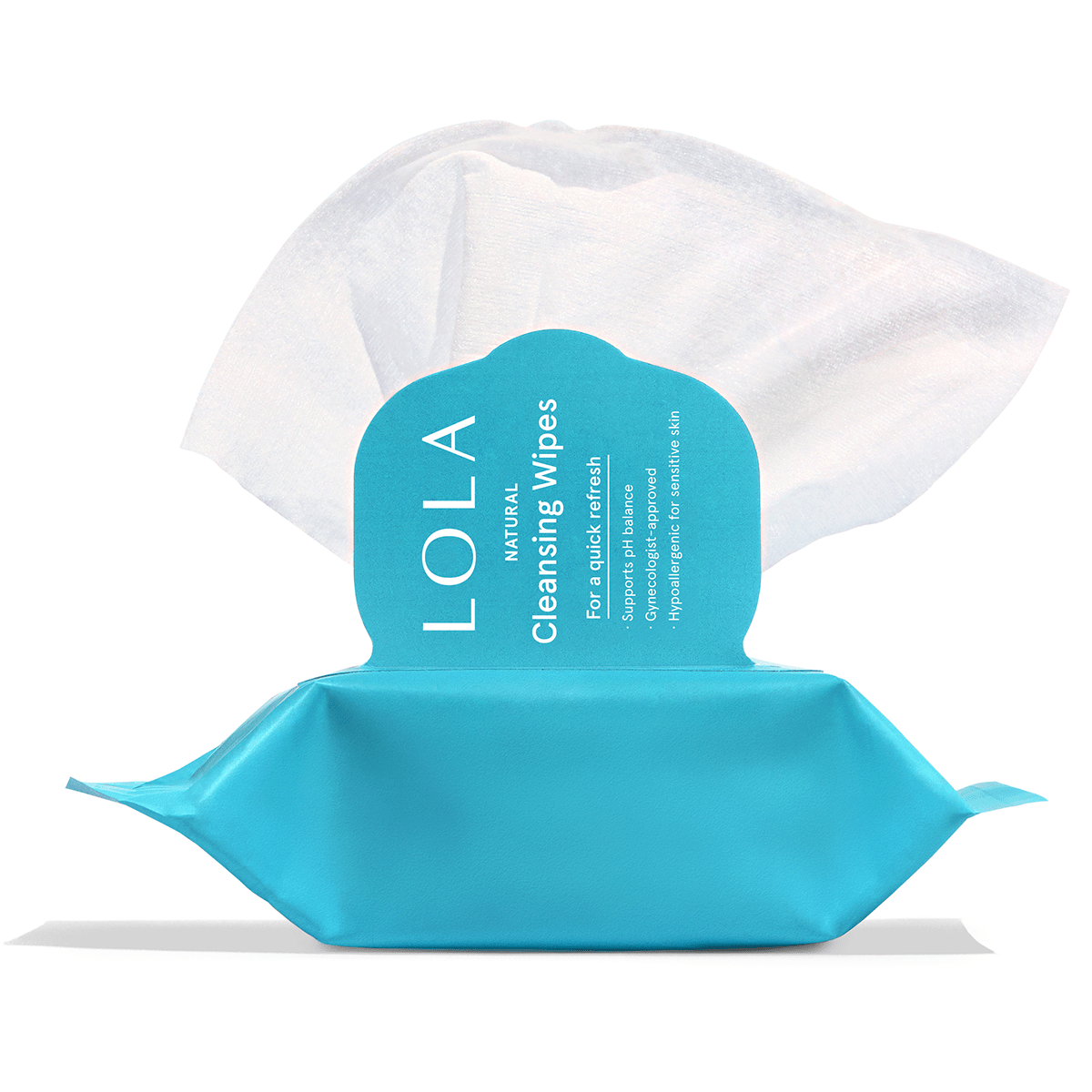Using oral contraception is the most popular reversible way* to prevent pregnancy. And if you're one of the millions of females who take the birth control pill, you've probably heard that antibiotics can make them less effective. While there's no harm in backing up your birth control when you're taking antibiotics, many physicians are saying it's not necessary.
"I have never been able to find any source data to show that antibiotics interfere with the efficacy of birth control pills," says Dr. Eve Feinberg, an OB-GYN at Northwestern Medicine in Chicago. "I generally do not recommend use of a backup method while patients take antibiotics."
To clear up some misconceptions, here are a few things you need to know about what might interfere with your birth control pills.
Antibiotics and birth control
Research shows* that rifampin and rifabutin - rifamycin antibiotics used to treat tuberculosis and meningitis - increase the frequency of ovulation and reduced estrogen and progestin levels in those taking combined oral contraception. While most antibiotics* won't interfere with how your body processes synthetic hormones, rifampin-like medications can reduce the effectiveness of hormonal birth control because they increase liver enzymes* that break down the hormones before they gets absorbed. However, this type of antibiotic is not frequently prescribed* in the United States.
Studies haven't found any evidence* of an interaction between non-rifamycin antibiotics and hormonal contraception in most women. That means commonly used medications to treat urinary tract infections, acne, or other bacterial infections aren't likely to make your birth control less effective.
Do antibiotics affect Nuvaring or birth control patch?
Dr. Corina Dunlap, a board certified naturopathic doctor and medical researcher, said she is less worried about an interaction when a patient uses a transdermal form of hormonal birth control like the NuvaRing - which is absorbed vaginally - or the Ortho Evra patch " which sends hormones through the skin. These forms of birth control avoid the first-pass liver metabolization and go straight into the bloodstream. A study specifically on the NuvaRing also showed no interaction* with amoxicillin and doxycycline.
What makes birth control less effective?
You might forget to take a pill when you're sick, but if you have diarrhea and vomiting* for a couple of days - or within the first couple of hours of taking the pill - this can make oral contraception less effective.
In addition, one over-the-counter option that can be problematic is St. John's Wort. Research shows* this herbal supplement - which some take to treat depression - is associated with increased metabolism of norethindrone and ethinyl estradiol, breakthrough bleeding, follicle growth, and ovulation. Some medications, including antiretroviral drugs* that treat HIV, anticonvulsants,* and the antifungal griseofulvin* can also increase the metabolization of hormones, possibly reducing the pill's effectiveness.
Females who use antiepileptic drugs should be particularly careful* when choosing birth control because some anti-seizure medicines are enzyme-inducing, which can decrease the effectiveness of birth control. In the general population, about 45% of all pregnancies* are unintended. For women with epilepsy, research shows* it's about 50%, so barrier method or copper IUD is recommended* for anyone taking epilepsy medication.
Remember, hormonal birth control isn't perfect
Keep in mind that birth control pills have a 1% chance of failing even when they're used perfectly.* But people often forget to take a pill or don't take it at the exact same time of day. With typical use,* the pill, patch, and vaginal ring are more like 91% effective, meaning nine out of every 100 users might get pregnant each year. The most effective reversible birth control options are the IUD or implant,* with a failure rate of less than 1%.
Talk to your doctor
If you're worried about anything interfering with your birth control, talk to you doctor or a pharmacist before starting any treatment. Ask about any possible interactions and how long you need to use a backup method.
Even though studies show that most medication won't affect* your oral contraception, doctors might still advise you to use a second form of birth control during antibiotic treatment.
"I always err on the side of caution and say use a backup method for the next month," says Dr. Dunlap. "Because the last thing I want is for somebody to get pregnant when they don't want to."
Resources
https://www.cdc.gov/nchs/fastats/contraceptive.htm
https://pubmed.ncbi.nlm.nih.gov/29130574/
https://www.nhs.uk/conditions/contraception/antibiotics-contraception/
https://www.self.com/story/can-antibiotics-make-your-birth-control-fail
https://www.vice.com/en/article/evqv47/birth-control-antibiotics
https://pubmed.ncbi.nlm.nih.gov/28694152/
https://pubmed.ncbi.nlm.nih.gov/15828855/
https://www.nhs.uk/conditions/contraception/pill-sick-vomit-diarrhoea/
https://pubmed.ncbi.nlm.nih.gov/15914127/
https://www.ncbi.nlm.nih.gov/pmc/articles/PMC5378006/
https://pubmed.ncbi.nlm.nih.gov/25843765/
https://www.plannedparenthood.org/learn/birth-control/birth-control-pill/how-effective-is-the-birth-control-pill
https://www.webmd.com/epilepsy/guide/birth-control-women-epilepsy#1
https://www.washingtonpost.com/news/posteverything/wp/2018/05/01/almost-half-of-pregnancies-in-the-u-s-are-unplanned-theres-a-surprisingly-easy-way-to-change-that/?noredirect=on
https://pubmed.ncbi.nlm.nih.gov/29386938/
https://www.acog.org/womens-health/faqs/combined-hormonal-birth-control-pill-patch-ring?utm_source=redirect&utm_medium=web&utm_campaign=otn
https://www.cdc.gov/reproductivehealth/contraception/unintendedpregnancy/pdf/Contraceptive_methods_508.pdf
https://www.plannedparenthood.org/learn/birth-control





























